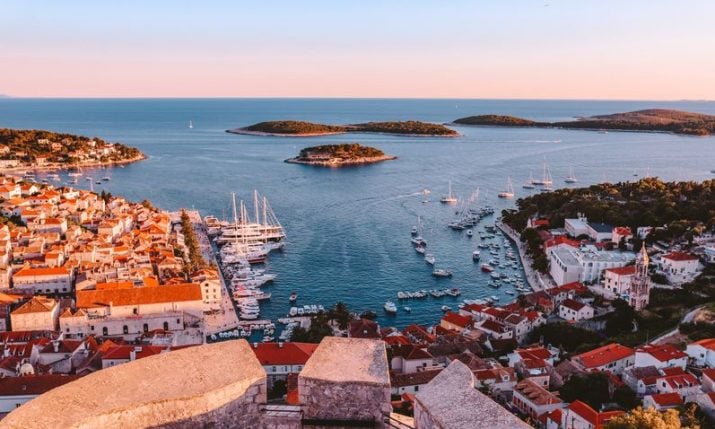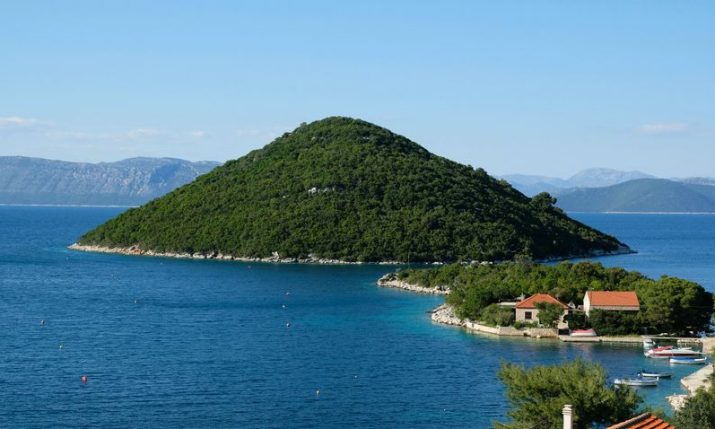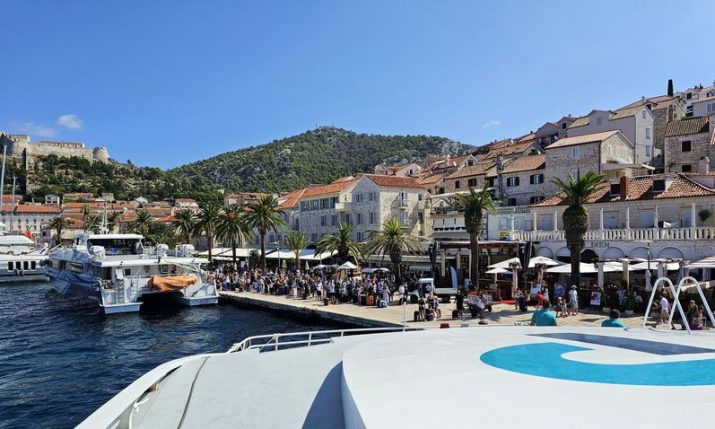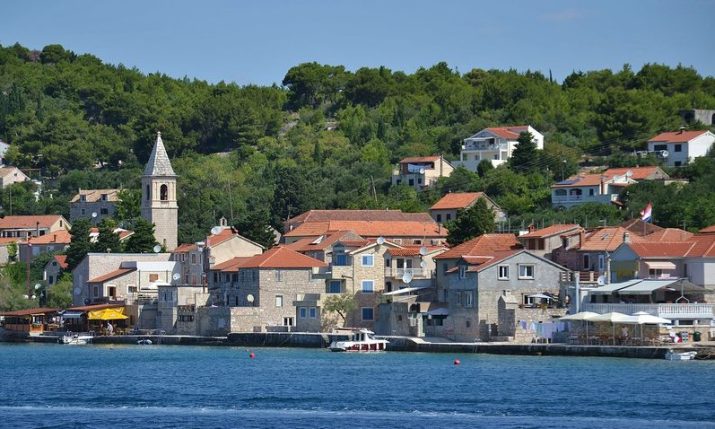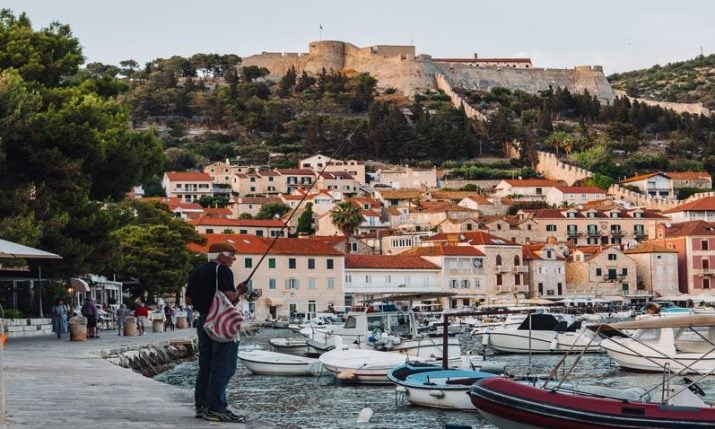Autonomous electric catamarans for the Croatian coast
- by croatiaweek
- in Business
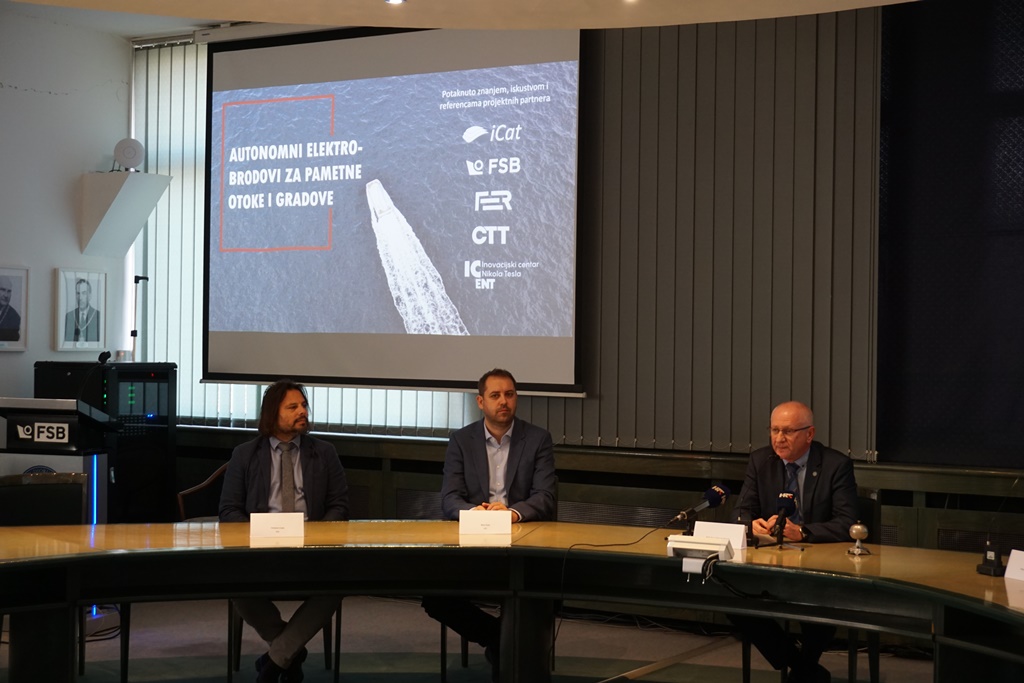
ZAGREB, 26 Oct (Hina) – An initiative called “Autonomous electric vessels for smart islands and cities” was signed on Monday with the aim to build 21 green catamarans, watercraft with zero harmful emissions that rely solely on green fuels.
The initiative was launched and signed by Tomislav Uroda, director of the iCat company, Dubravko Majetić, dean of the Zagreb Faculty of Engineering and Shipbuilding, Gordan Gledec, dean of the Zagreb Faculty of Electrical Engineering and Computing, Boris Ćosić, director of the Technology Transfer Centre, and Nedjeljko Perić, director of the Nikola Tesla Innovation Centre.
The initiative envisages building 21 catamarans for 100 to 300 passengers in three sizes. One of each model will be deployed along the Adriatic as part of a pilot project to test the possibilities of seven destinations.
The development of the fleet will require the development of the energy infrastructure for the supply of electric vessels with electricity. The project therefore envisages developing charging stations with battery storage and solar power plants. The battery tanks, by connecting to the energy infrastructure, will contribute to the development of smart islands and cities as part of a system of smart grids facilitating the storage and supply of electricity.
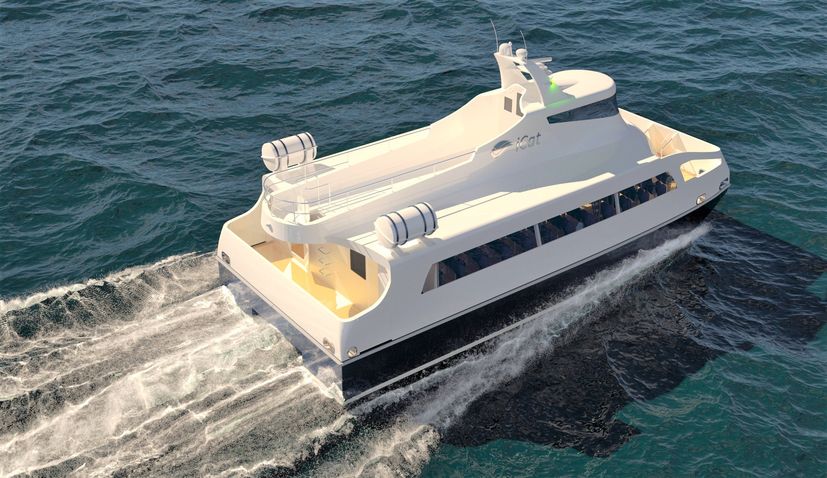
The initiative also envisages developing a vessel steering and monitoring system based on progressive methods and artificial intelligence. Vessel monitoring and steering, a roboticised system for filling the vessels’ energy tanks, and a system of smart high-power charging stations which use energy from renewables represent the backbone of the development and application of modern technical solutions in maritime transport.
Croatian islands are rich in energy sources and can be leaders of the energy transition to a fully carbon-neutral economy by 2050, it was said.

